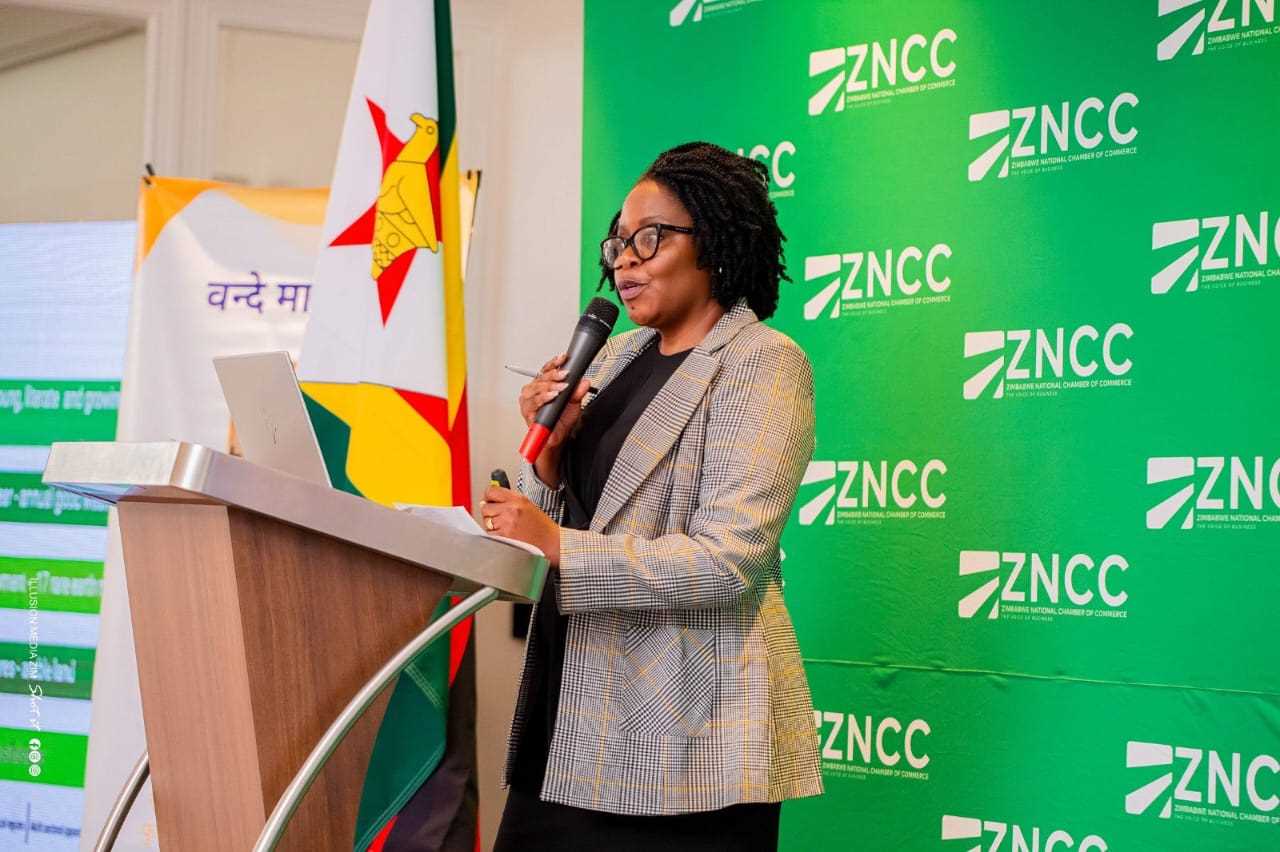
Nyashadzashe Ndoro
Chief Reporter
Listed tea producer Tanganda Tea Company has announced a shift in its functional and presentation currency to the United States Dollar.
This decision, detailed in the company’s financial statements, comes amid persistent economic instability in Zimbabwe, characterized by fluctuating exchange rates and inflationary pressures.
According to the company’s financial report, the move was necessitated by a “steady increase in the use of foreign currency across its business.” The company cited factors outlined in International Accounting Standard (IAS) 21, The Effects of Changes in Foreign Exchange Rates, including the currency that primarily influences sales prices, labor and material costs, and financing activities, as driving its decision.
“The directors concluded that, based on the above factors, there has been a change in the company’s functional currency from ZWL to United States Dollars,” the report stated. This change follows the implementation of Statutory Instrument 185 of 2020, which facilitated the use of foreign currencies within the Zimbabwean economy.
Tanganda’s Chairman, Hebert Nkala, highlighted the challenging economic environment in his statement, noting “exchange rate volatility, depreciation of the local currency, and upward inflationary pressures.”
Related Stories
He pointed to the reintroduction of the Zimbabwean dollar in April 2024, followed by a 43% devaluation in September 2024, as contributing to market instability.
The company’s financial results, now reported in USD, show a 9% increase in revenue to U$25.7 million for the year ending September 30, 2024, compared to U$3.6 million in the previous year. This growth was attributed to increased avocado export volumes and recovering prices. Tanganda also reported a profit after tax of US$1.4 million, a turnaround from a US$3.1 million loss in the prior year.
Operationally, Tanganda reported a 77% increase in macadamia production, although exports were slightly down due to logistical challenges. Coffee production declined due to aging plants, but new joint ventures are anticipated to boost future yields. Packed tea sales volumes also experienced a 7% decrease, attributed to packaging material constraints and depressed local demand, although export sales increased.
The company emphasised its commitment to sustainable business practices, maintaining various certifications related to environmental and social standards.
However, the company also noted the environmental challenges posed by the El Nino weather pattern, which impacted agricultural yields and hydroelectric power generation. Tanganda has been investing in solar energy to mitigate power supply issues.
Looking ahead, Tanganda anticipates continued economic challenges, including persistent drought and power shortages. The company plans to focus on market diversification and cost management strategies to improve performance.
The board has opted not to declare a dividend, citing the need to preserve cash flow and reinvest in the business.




















Leave Comments